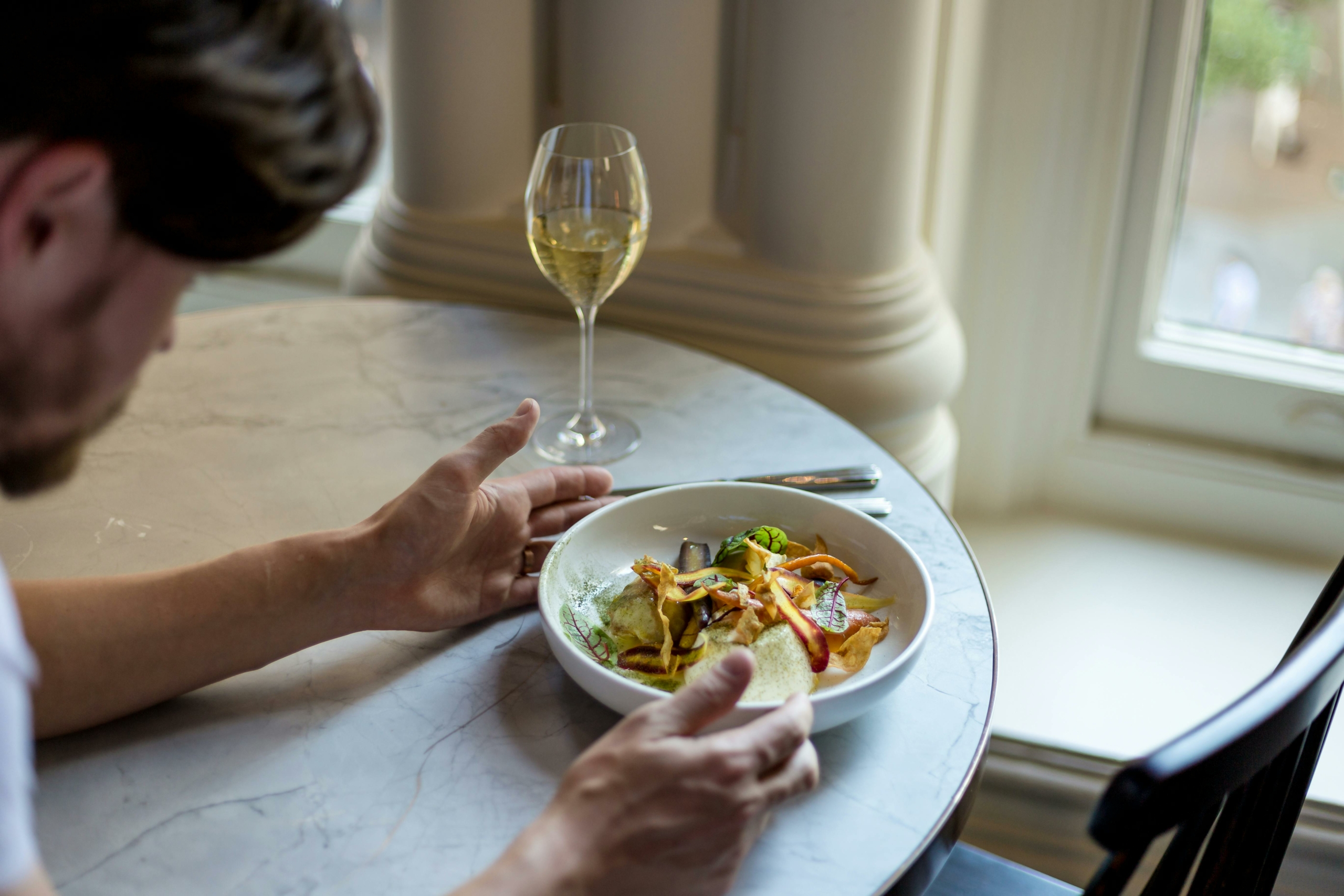Sydney and Melbourne people tend to say that they’d like to visit Adelaide and should do, but then, well, still don’t. Things may have changed since I moved there from Sydney years ago, finishing school, university and finding a first career job. But I rather suspect that they haven’t.
On a recent visit from France where I’ve lived 20 of the past 25 years (the remainder in Munich), I was reminded that demure Adelaide probably presents a culinary experience to rival any French or German — let alone, Australian — city.
Not culinary in the sense of cuisine’s commanding heights, of ‘hats’, Michelin stars and the like. Nothing wrong with that. Like haute couture, haute cuisine is the province of a very special kind of creative talent.
But ‘culinary’ as in good food culture, broadly defined, from markets to local restaurants, wineries and cafes. The food culture that helps one interact with a city when visiting, or moving there, or reacquainting, when returning after a long stint away.
Feeling homesick when first in Paris — in fact, in a kind of phase II, the romance of discovery starting to fade — I would go in search of Italian restaurants for the familiarity of the menu and the hubbub.
Except that, because French is one of the world’s great cuisines, as is, surely, Italian, Italian restaurants tend to be expensive in France. Might the Italians be trying to prove themselves to the French? A Parisian friend once told me she would never consider serving pasta to her dinner guests.
I remember going to Paris’ 13th district, home to the city’s Asian culinary quarters, and being looked down upon when asking for a Laksa. “What is that?” came the question, after I’d given a faltering, impromptu account. Malaysian and Indonesian cuisine didn’t exist amid (or even, within), the many eateries doing combination Asian, signed as such on the front door or window: genre, “Chinese, Thai, Indian”. My first Laksa was at the Adelaide Central Market way back in the mid-80s, at a place called, Asian Gourmet. I was there again last month, the Laksa just as good as it always was.
The truth of the notion of culinary “rivalry”, is that it doesn’t mean much. Dine out in Paris, on say, beef bourguignon at a local bistro or brasserie, and you’re part of a tradition stretching back more than a hundred years. In a strict sense, it is incomparable. Still, quality has its underpinnings. Adelaide is akin to a “great cornucopia of fresh fruit and vegetables”, as a French magazine once described it, trucked down from the pretty market gardens of the Adelaide Hills about 20 minutes drive from the city centre.
It might be a sign of Paris-fatigue, or even just France fatigue, that my wife and I decided against spending the northern Summer holidays between Paris and regional Strasbourg, despite the Paris Olympics (or perhaps because of them). Instead, we opted for family time in Adelaide, sending teenage children to Sydney for their first-ever visit. You can imagine their excitement!
In the Australian context, diversity is another of quality’s underpinnings. A long-time friend belly-laughed, eyes squinting with mirth, at the list of old Adelaide restaurants I revisited, all of them local institutions from my formative years. Paul’s for fish simply and superbly done. (In France, fish invariably comes under a sauce.) Amalfi’s for superb Italian; Zapata’s for irresistible Mexican. In France, we know only the hybrid, “Tex-Mex”. I’ve never actually sighted an enchilada.
But innovation, too, exists in the City of Churches. Jake Kellie of Arkhé is doing fine cuts of meat strictly temperature-controlled with open flame only. I see in a press interview he’s recommending VDR for Vietnamese and Muni at Willunga: all fodder for my next Adelaide visit, and to prove that I realise it’s no longer 1985.
Because it’s patently, obviously true that culinary Adelaide has evolved immensely in recent years — at Singapore House the offer is aptly pan-Asian; at Wah Hing the cantonese cooking is outstanding. Foodie Adelaide’s quality-in-diversity is exceptional, which is yet another reflection perhaps — certainly viewed from France and Germany — of the unique success of Australian multiculturalism, arguably our greatest claim on the world.
Arkhé’s Kellie, not yet 35, has a Michelin star (obtained via a restaurant in Singapore), which of course is rare in Australia because the stars of French Michelin don’t actually cover Australia. So you might just have to visit Adelaide, to witness one in action, including, at last, from Sydney and Melbourne.

